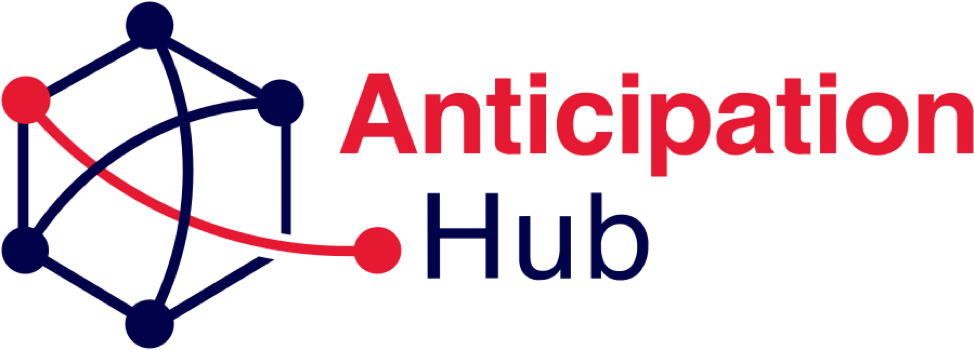On 8th November 2020, the Anticipation Hub has been officially launched and we are happy to announce that the Heidelberg Institute for Geoinformation Technology (HeiGIT gGmbH) acts as as a partner of the platform right from the start.
The Anticipation Hub is a knowledge exchange platform on anticipatory action in terms of humanitarian aid and risk reduction in the context of humanitarian disasters. The hub is led by the German Red Cross (DRK), the Red Cross Red Crescent Climate Centre (RCCC) and the International Federation of Red Cross and Red Crescent Societies (IFRC). In addition to these key stakeholders, more than 50 other organisations such as universities, (international) non-Governmental Organisations (NGOs), governmental actors and United Nations institutions are part of the platform.
The three core objectives of the Anticipation Hub are, first, the production and gaining of knowledge on anticipatory approaches, second, its exchange among the stakeholders, and third, the support and advice to organisations on the subject of forecast-based financing (FbF). The Anticipation Hub moreover, focuses on the dissemination of anticipatory approaches in humanitarian aid and development aid.
With its expertise in geoinformatics, HeiGIT provides an important component in the very broad network of the Anticipation Hub and supports the implementation and operation of the hub. This specifically includes:
- Research and development in order to support decision making based on open Geoinformation Technology in the field of sustainable mobility and humanitarian aid
- Providing Access to our Geoinformation Technology and Expertise in the field of Smart Location based Services , e.g. routing and navigation-based services based on OpenStreetMap
- Geoinformation for Humanitarian Aid , e.g. development of solutions and services to support humanitarian missions on the basis of data such as those provided by the OpenStreetMap project
- Spatial Data Analytics, e.g. OpenStreetMap Quality and History Analytics, spatial data mining and machine learning techniques to analyse, process, enrich, and visualize spatial data.
The “Geoinformation for Humanitarian Aid” team at HeiGIT will play a crucial role in this context. For several years, the group has been cooperating with the GRC and other NGOs at various levels. Based on the experience gained from these cooperations, HeiGIT is able to provide solutions tailored to the mission and able to advice NGOs and other stakeholders of the Anticipation Hub.
What is Forecast-based Financing?
FbF is a well-established yet innovative approach in which the adverse effects of natural phenomena on people and their livelihoods are mitigated based on forecasting models, risk analyses, fixed budgets and pre-planned measures.
FbF bridges the gap between preventive measures like the construction of dikes as well as reactive actions such as rescuing people from flooded areas. Developing an Early Action Protocol (EAP) is at core of this concept; it defines actions and their indicators. In simple terms, the EAP describes who is responsible for what and when and how are these actions being financed.
What sounds simple at first glance is an immensely complex process, often spreading over years, in which a large number and wide range of actors are involved. These, to name just the most important, range from science and meteorological institutes, people potentially affected by the natural event, fire departments, local political representatives as well as politicians in charge of the financial resources at hand.
HeiGIT is delighted to contribute to this innovative initiative and to exchange knowledge, learn and jointly scale up anticipatory action globally.



